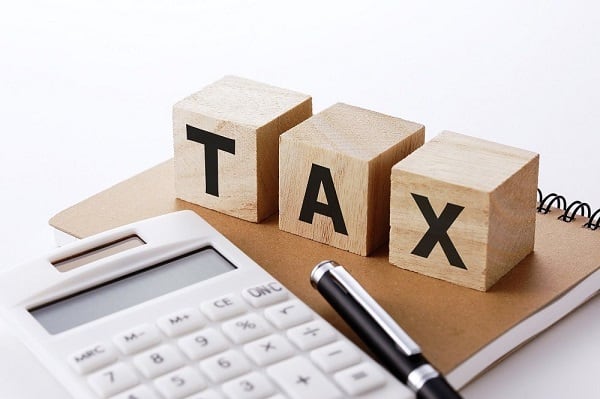The International Monetary Fund (IMF) has identified a revenue shortfall exceeding Rs1 trillion against Pakistan’s proposed tax target of Rs14.3 trillion for the fiscal year 2025-26, raising pressure on the government to either introduce new tax measures or deliver credible enforcement strategies to meet its commitments, The Express Tribune reported.
This gap is nearly double the Rs560 billion in additional tax measures the government had planned. While government expects tax revenues to grow by nearly Rs1.5 trillion—driven by economic expansion and inflation—the IMF is more cautious, projecting that without new policy actions, tax collection may reach only Rs13.3 trillion.
This disparity means Islamabad must fill the Rs1 trillion deficit through fresh tax initiatives or demonstrate that enhanced enforcement can generate significant revenues from the existing tax base.
The government reviewed the possibility of new tax measures worth Rs560 billion during recent talks with the IMF. Last year, despite imposing Rs1.3 trillion in fresh taxes, Pakistan fell short of its original tax target of Rs12.7 trillion, which has since been revised downward.
The IMF’s new target aligns with a primary budget surplus goal of 1.6% of GDP, equivalent to just over Rs2 trillion.
Authorities remain hopeful of collecting around Rs600 billion from enforcement efforts next year, though similar claims in the current year have not materialized. Concerns over the Federal Board of Revenue’s (FBR) revenue projections have prompted the government to seek assistance from the World Bank, whose experts are currently analyzing the impact of proposed tax measures.
FBR officials expressed optimism about their chairman’s transformation plan, which includes digitalizing value chains, implementing tracking technologies, and enhancing support for digital tax processes. Additionally, 37 new anti-smuggling check posts are being established along the Indus River, Hub, and in Balochistan, supported by mobile enforcement units to curb tax evasion.
Despite assurances to the IMF that Rs150 billion would be recovered from court cases in March and April, actual collections have fallen short. Total recoveries from legal cases this fiscal year, initially estimated at Rs400 billion by the prime minister, currently stand at around Rs34 billion.
The IMF projects that next year’s enforcement revenue may not exceed Rs400 billion, casting further doubt on the government’s revenue projections.
Within the FBR, some officials argue against introducing new tax policies to achieve the government’s ambitious 16% growth target, labeling the 2024-25 budget unrealistic and dependent on an improbable 40% increase in tax collection.
Meanwhile, the government continues to struggle with taxing retailers and is hesitant to end the Tajir Dost scheme without a viable alternative, potentially shifting focus toward wholesalers and distributors instead.




